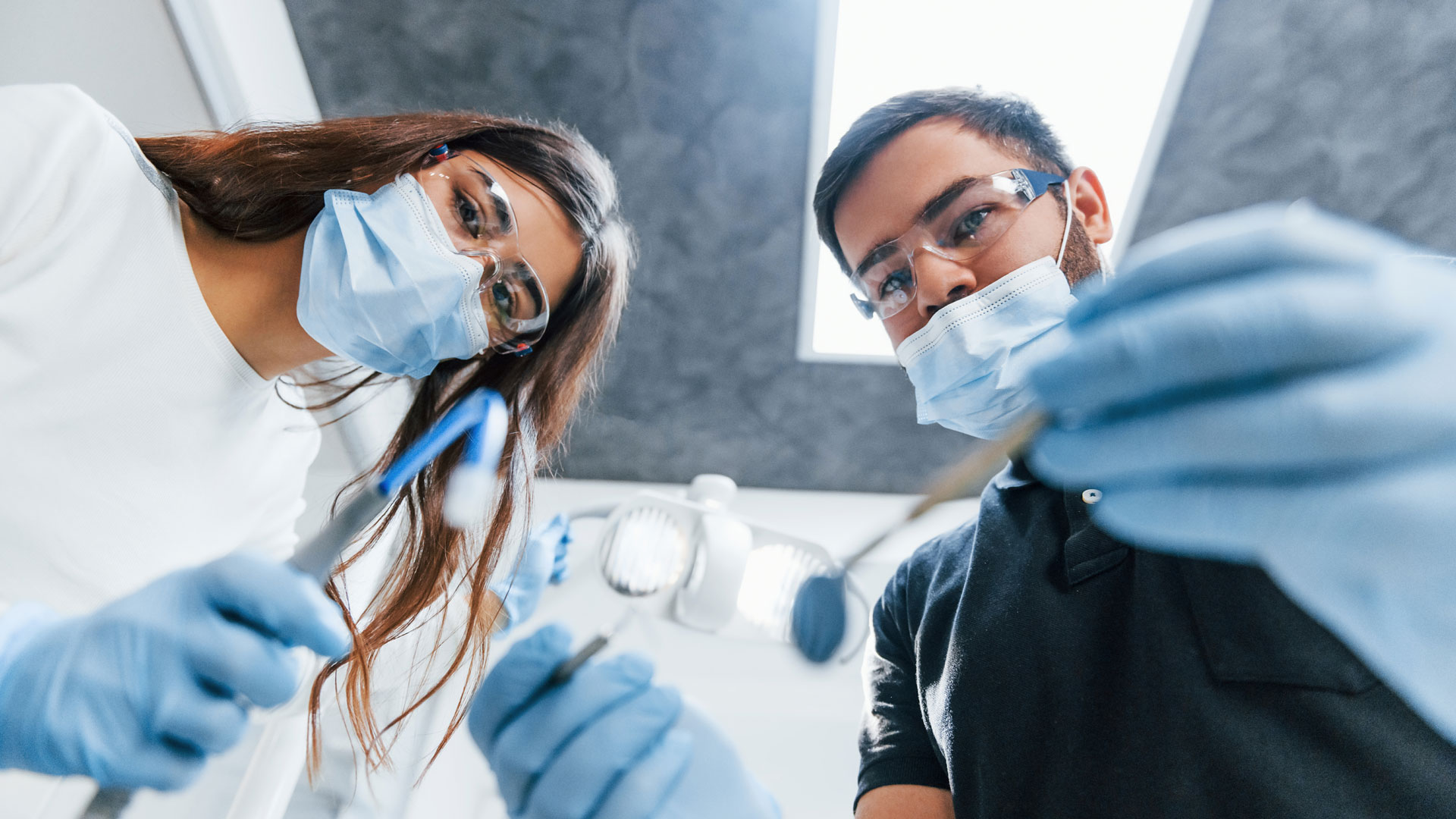Picture this: your client has commissioned a healthcare market research with patients to test a new drug therapy for anxiety and depression, and during one of the interviews, a respondent reported no longer be taking the prescribed medicine due to a headache.
Even though clinical trials aim to minimise adverse events (AEs) like this, they can’t be completely eliminated, emphasising the need for market researchers and fieldworkers to adhere to best practices when they emerge during research.
At m360 Research, we understand the importance of monitoring and reporting all AEs related to medical products or devices during fieldwork – regardless of the perceived degree of severity. This is critical not only for the immediate safety and well-being of respondents, but also for the interpretation and analysis of the data that will likely impact your sponsor’s decision-making. We also have legal and regulatory obligations to comply with both pharmacovigilance legislation and the General Data Protection Regulations (GDPR) when we’re managing AE reports.
At m360 Research, we observe five key best practices to ensure both the success of your project, and the protection of our respondents’ privacy. By following these guidelines, we’re ready to offer flexibility and make any accommodations when needed.
- Expert Team: All team members involved with recruitment and data collection at m360 Research undergo compliance training internally and externally (e.g., BHBIA). These courses cover not only AE reporting, but also key legal and ethical topics. Your project manager can provide certificates as needed.
- Consent Management: To ensure we comply with agreed ethical and legal standards, respondents are informed of m360 Research’s obligation to report AEs, and are asked for their consent for us to do so at least three times during fieldwork: during recruitment, before participation in the survey, and after the occurrence of an AE (whether they had already previously provided consent or not). If there’s no approval, we can still report AEs without any personal data associated with them.
- Monitoring Technologies: When projects require online self-completion work, and there is no interviewer present to collect AE details, we have a robust and secure platform to ensure that nothing is missed. Our team of expert programmers can incorporate flags and triggers into surveys, for easier review.
- Ongoing Data Evaluation: Review of data for AEs happens constantly throughout the fieldwork period, rather than just at the end.
- 24-hour Reporting: At the start of all m360 Research projects we discuss AE reporting obligations with our clients and ensure their requirements are incorporated in our project plans. We always report within one business day directly to the sponsor’s pharmacovigilance department.
Given that complete elimination of AEs is not feasible, we work diligently to follow these essential best practices for managing AEs during fieldwork. Our unique model of work ensures prompt identification, appropriate reporting, and effective mitigation, ultimately safeguarding participants’ well-being and maintaining the integrity of your healthcare market research project.
Are you interested to learn more? Get in touch today.



